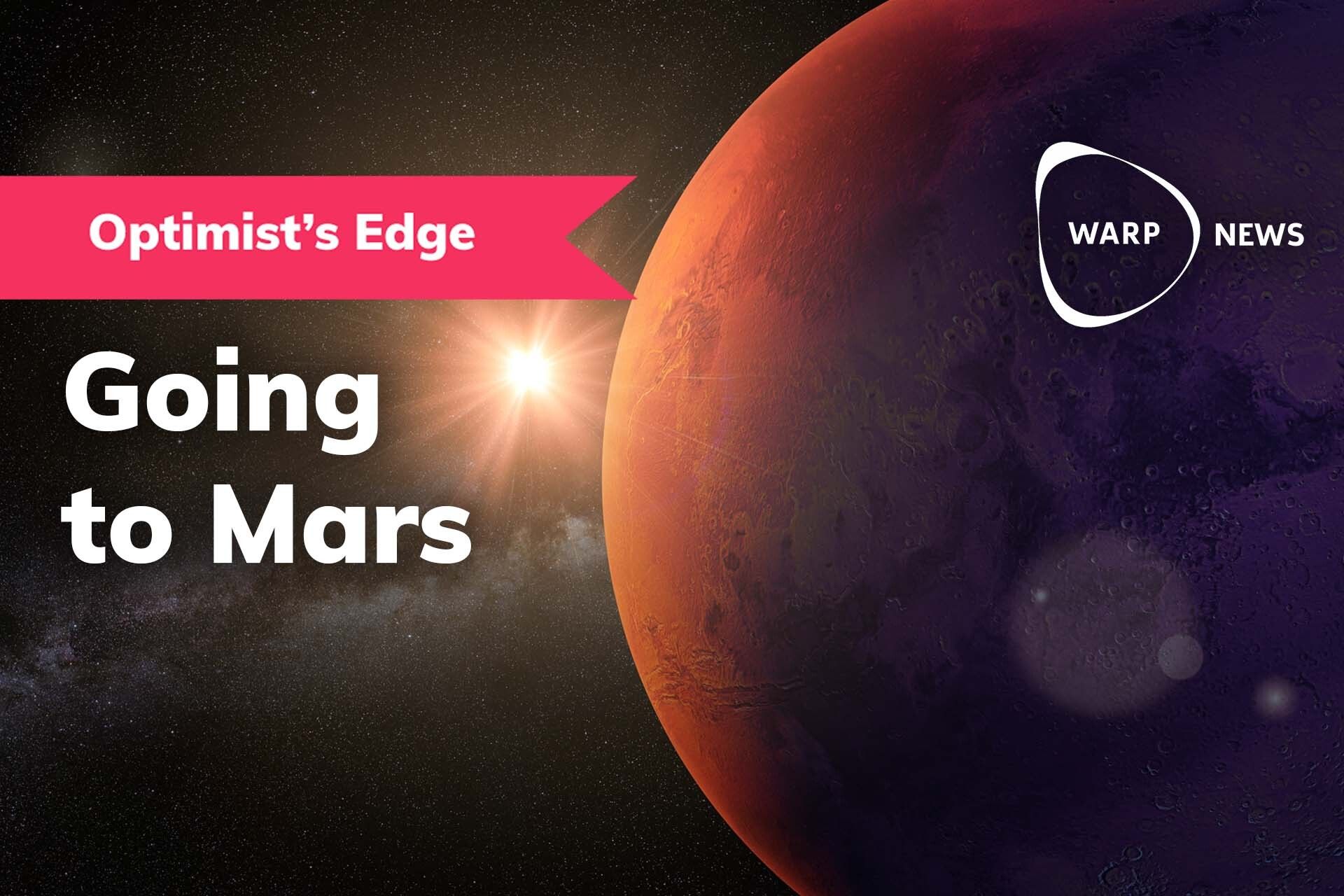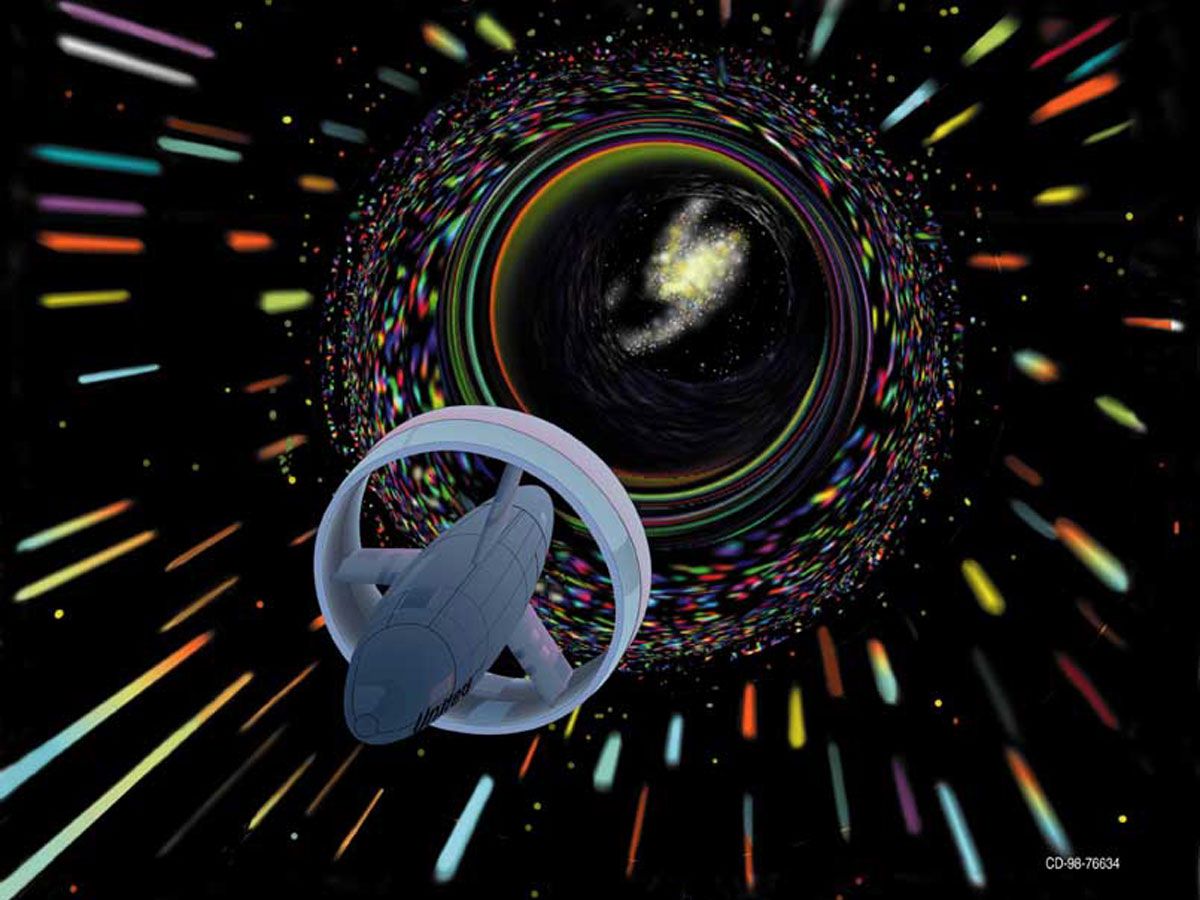💡 Optimist's Edge: Millions may live in space, but near Earth
💡 Space colonies give millions of people the opportunity to live in space close to Earth and create futuristic utopian communities.
🛰️ Space is important to our security policy
We now have a new type of infrastructure – satellite networks. This infrastructure will transform both military and civilian operations and foster new thinking and innovation.
💕 Quantum physics and love
In the same way that we feel a bond with a person we love on the other side of the world, the capacity of one particle can affect another particle, regardless of distance.
💡 Optimist's Edge: Satellite mapping of greenhouse gases helps us stop climate change
Satellites help us better understand our planet, how the atmosphere is affected by emissions, and understand in detail what we need to do to stop climate change.
💡Why exploring Mars makes a difference for life on Earth
Is it a waste of both money and time to go to Mars? Or, is it to the great benefit of all mankind and our planet? In this article, Cornelia Ekvall shows why the answer to the latter question is a resounding: YES!
💡 Optimist's Edge: How the next evolution of satellite internet will revolutionize the world
After a 25-year track record of slow speed, data caps, and poor service, most people have a bad impression of satellite internet. But new technology, pioneered by Starlink, aims to change that and set the stage for the next evolution of internet service that will connect the entire planet.
💡 Optimist’s Edge: Should we fix Earth before going to space?
In our survey, a majority believes we should fix the problems on Earth before we go to space. But without space, we will have a much harder time fixing problems on Earth. Here is why.
🚀 Life might have existed on Venus
Could Venus have been habitable? Three new missions are going to find out. Venus has been seen as a dead and hostile world for a long time, but models show that this is not necessarily true. We have spoken to NASA scientist Dr. Michael Way to get an insight into the mystery of Venus.
🚀 The future of space travel: through wormholes or with Warp Drives?
Mankind dreams about distant places as we are reaching further out in the solar system. But space travel has proven itself tricky and time-consuming. Would it be possible to travel through wormholes or use Warp Drives? We have asked Ulf Danielsson, professor in theoretical physics.









